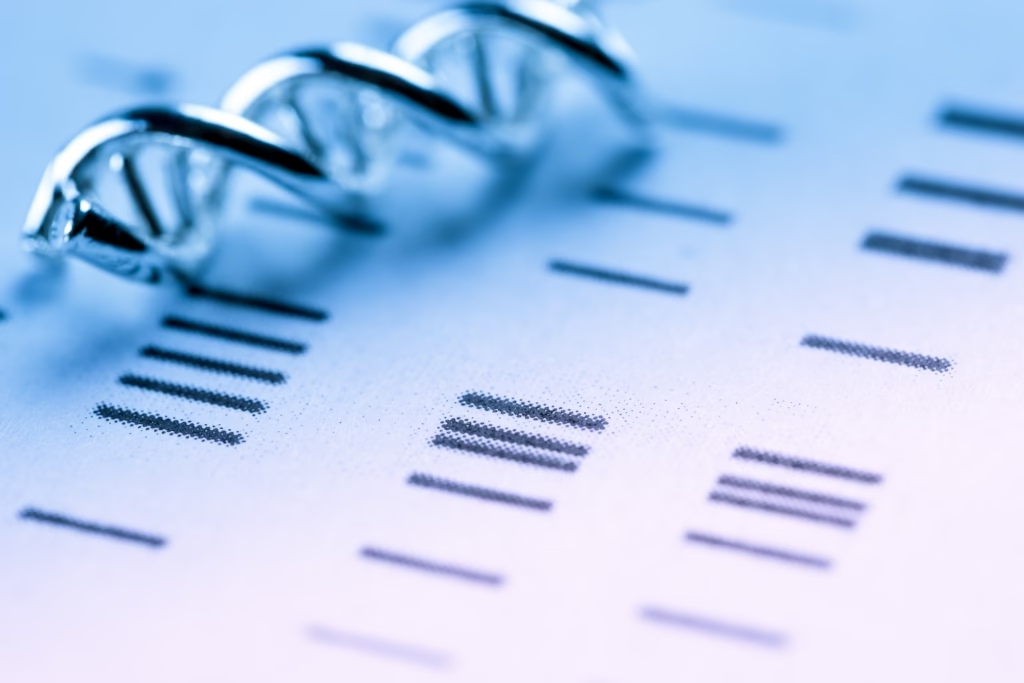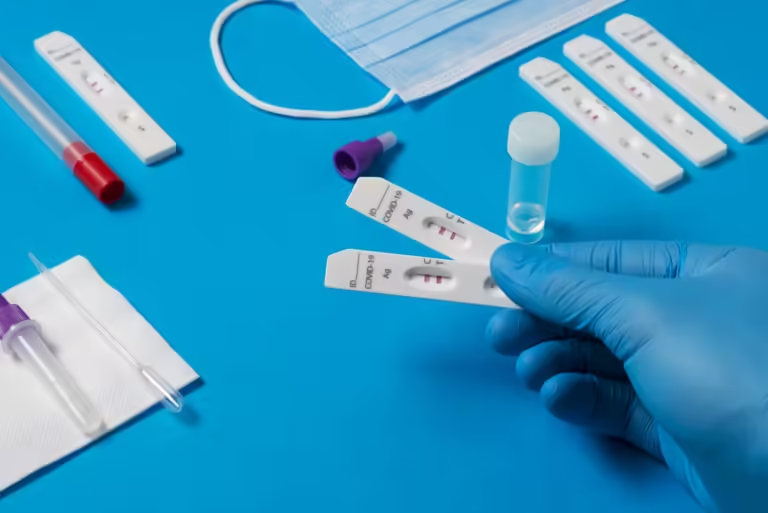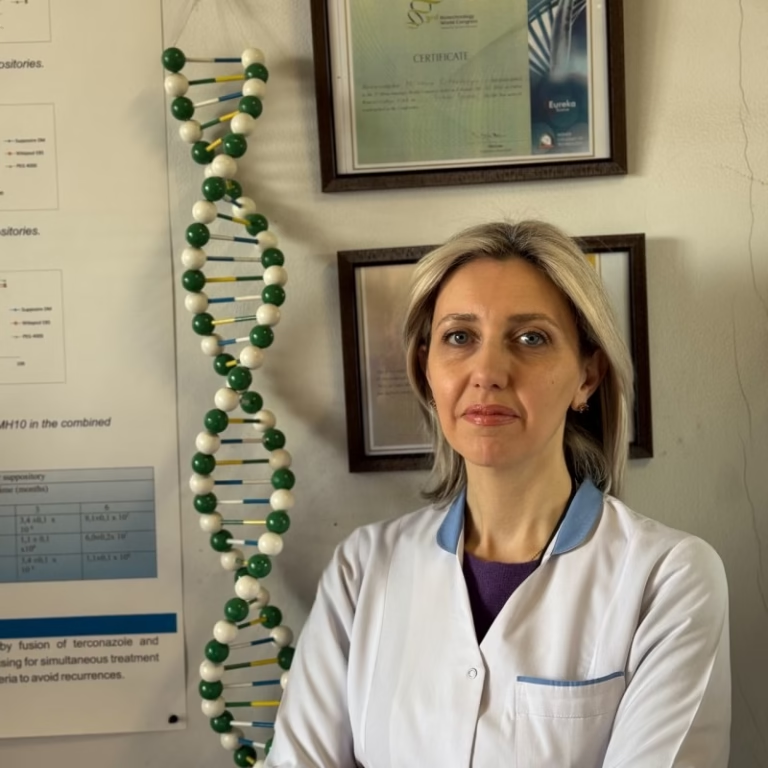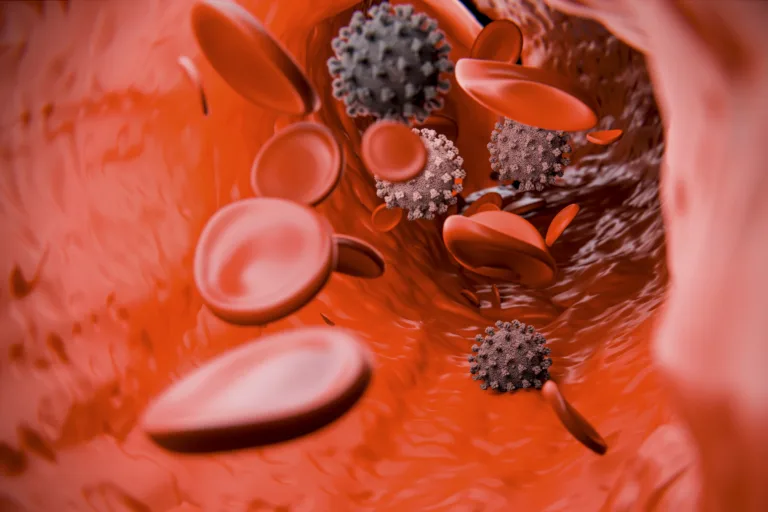Genetic testing is now a common part of medical care. It helps explain health problems, guide treatment, and identify risks for certain conditions. But beneath the promise of answers is a lot more than people often expect.. A single test can uncover information that touches not just your body, but your identity, your family, and your future.
Here are five important realities to understand before you take that test.
1. Have you heard of something called “incidental findings?”
People often take genetic tests to answer a specific medical question. Maybe it’s to explain a child’s developmental delay or to guide treatment for an illness. But the same test can turn up unexpected findings that no one was looking for.
These surprises, known as incidental findings, can be life-changing. You might learn you carry a gene that sharply increases your risk for a disease that could prevent you from living into adulthood. Or the test might reveal that your biological father is not who you believed he was.
Even when the information is medically important, it can carry emotional weight that takes time to process. Some people are grateful for the clarity. Others are left feeling overwhelmed. Either way, these kinds of discoveries can open conversations that are deeply personal and sometimes difficult to face.

2. Your Results May Have Implications for Relatives
A genetic result belongs to you, but it also reflects your shared biology with relatives. If a mutation is identified, it may suggest that your siblings, children, or parents also carry the same risk.
This creates a shared responsibility. Some patients feel a duty to inform family members, while others feel uncertain or overwhelmed. Healthcare providers may also face ethical decisions about whether or how to encourage disclosure, especially if the information could affect someone else’s health.
3. Testing in Children Can Affect Their Future Autonomy
Some parents choose to have their child’s entire genome sequenced at birth. This can help detect rare diseases early, sometimes before symptoms appear. However, the test may also reveal risks for adult-onset conditions, long before the child is old enough to understand what those risks mean.
Knowing these results early can shape how a child is treated, both medically and socially. Ethical guidelines often suggest waiting to test for adult-onset conditions unless there is an urgent reason, in order to give children the chance to make that decision for themselves when they are older.
4. Some Information May Not Lead to Immediate Action
Genetic testing can show that a person has an increased risk for certain conditions, but there may not be a clear way to prevent or treat those conditions. For example, someone might learn they are more likely to develop a heart condition or a neurological disorder, but there is no proven way to change the outcome.
Living with this kind of information can bring uncertainty. Some people feel empowered to monitor their health closely. Others find the information difficult to carry. Understanding the limits of what a genetic test can offer is part of making an informed decision.

5. Your Genetic Data May Be Used Against You
Even though genetic testing is done for health reasons, the data it produces can sometimes be used in ways that work against the individual. In certain professions, such as aviation or military service, someone with a genetic predisposition to conditions like cardiovascular disease may face additional scrutiny, restrictions, or even disqualification, regardless of their current health status.
There are also concerns about genetic discrimination in insurance or employment. In some countries, laws are still catching up to the science, leaving gray areas in how genetic data can be accessed and interpreted. Once your genetic information is collected, it may be stored in databases or shared for research purposes, increasing the chances that it could be misused.
Awareness of these risks helps individuals make decisions not just about testing, but about who they share their results with and how they give consent for data storage and future use.
Should you, or should you not?
Genetic testing can be a valuable tool for health and self-awareness. It can offer information that leads to early treatment, better planning, or peace of mind. It can also bring up emotional, social, and ethical questions that deserve careful thought.
The best way to approach testing is with clarity. Speak with a genetic counselor or medical professional, understand what the test includes, and take time to reflect on what the results might mean.
In most cases, it is better to know than not to know. When handled with care, genetic information becomes a guide not just for treatment, but for living with confidence and choice.
For more great articles, go here.





